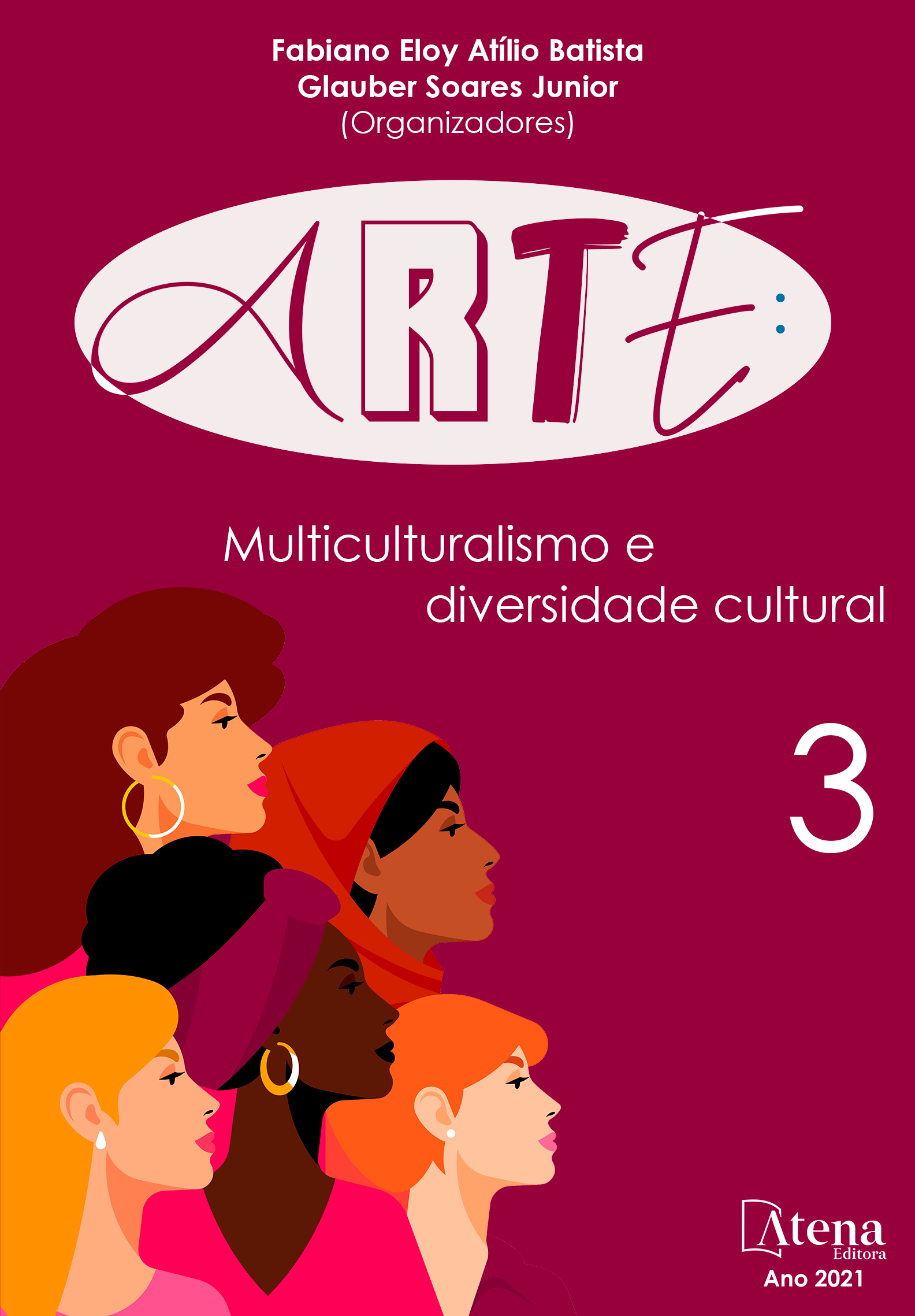
ESTUDOS SOBRE A TRAJETÓRIA DO TEATRO NO MUNDO
A arte em forma de encenação, o teatro, que surgiu na antiga Grécia, que significava “lugar para ver” , persegue o homem desde a sua constituição como homo sapiens, seguindo-o como sua sombra para onde quer que vá e se fixe, por ser uma linguagem comunicativa relativamente simples necessitando apenas de gestos da pessoa que o pratica. Assim, com a fixação de comunidades em regiões que caracteriza o início da sedentarização do homem e com isso o começo de uma cultura local, o teatro foi se apropriando de aspectos destas para evoluir. Deste modo por todo o seu itinerário concreto, o teatro foi se apoderando das culturas por onde passava e de posse delas seguia em seu caminho, como ocorreu desde a pré-história, que seguiu para idade antiga, na idade média, na idade moderna, e enfim na idade contemporânea. Valendo-se disso, o presente artigo tem por finalidade abordar um recorte deste percurso trilhado desde sua concepção até chegar às terras brasis, versando pontos não só da cultura ocidental, mas também da oriental, como forma de tratar este assunto e seus eventos de forma horizontal e completa, fazendo uma abordagem de como o teatro se desenvolveu e chegou ao Brasil. E ainda hoje, após milênios, se encontra presente em nossa cultura, com suas encenações, despertam o encanto do público, pois elucida sentimentos que o mesmo não tinha ideia de que apenas com simples gestos de um ator/elenco em harmonia, fossem capazes de aflorar em si.
ESTUDOS SOBRE A TRAJETÓRIA DO TEATRO NO MUNDO
-
DOI: 10.22533/at.ed.45821021213
-
Palavras-chave: teatro brasileiro; história mundial do teatro; arte dramática; dramaturgia; historiografia teatral.
-
Keywords: Brazilian theater; world history of theatre; dramatic art; dramaturgy; theatrical historiography.
-
Abstract:
Art in the form of staging, theater, which emerged in ancient Greece, which meant “place to see”, has pursued man since his constitution as homo sapiens, following him as his shadow wherever he goes and settles, for being a relatively simple communicative language requiring only gestures from the person who practices it. Thus, with the establishment of communities in regions that characterize the beginning of the sedentarization of man and with it the beginning of a local culture, the theater was appropriating aspects of these to evolve. In this way, throughout its concrete itinerary, the theater took over the cultures it passed through and, in possession of them, continued on its way, as it happened since prehistory, which went on to the ancient age, in the middle age, in the modern age, and finally in the contemporary age. Taking advantage of this, this article aims to address an excerpt of this path trodden from its conception until reaching the Brazilian lands, covering not only points of Western culture, but also of Eastern ones, as a way to deal with this subject and its events in a way horizontal and complete, making an approach to how theater developed and arrived in Brazil. And even today, after millennia, it is present in our culture, with its stagings, arouse the enchantment of the audience, as it elucidates feelings that they had no idea that only with simple gestures of an actor/cast in harmony, they were able to outcropping in itself.
-
Número de páginas: 21
- Meire Pereira Souza Ferrari
- Sandra Valéria Dalbello de Mesquita
- Lucas de lima fuirni


